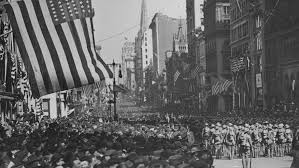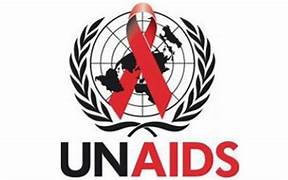In 1917, the United States made the momentous decision to enter World War I, marking a significant turning point in the nation's history and its role on the global stage. The decision to enter the war was influenced by a complex combination of factors, including political, economic, and moral considerations, as well as a desire to shape the outcome of the conflict and protect American interests abroad.
One of the key factors that led to America's entry into World War I was the escalating threat posed by German submarine warfare in the Atlantic Ocean. German U-boats had been targeting and sinking merchant ships, including those carrying American passengers and goods, in an effort to cut off vital supply lines to Britain and France. The sinking of the British ocean liner Lusitania in 1915, which resulted in the deaths of over a thousand civilians, including 128 Americans, had already strained relations between the United States and Germany.
The final straw came in 1917 when Germany resumed unrestricted submarine warfare, declaring that all ships, including those flying neutral flags, were fair game in the Atlantic. This blatant disregard for international law and the safety of civilians outraged the American public and pushed President Woodrow Wilson to seek a declaration of war against Germany. In April 1917, Congress voted to declare war on Germany, officially bringing the United States into the conflict.
America's entry into World War I was also influenced by a sense of moral obligation to support the Allied powers, including Britain and France, in their fight against German aggression. The United States saw itself as a champion of democracy, freedom, and human rights, and felt a duty to stand with its allies in defense of these values. President Wilson framed America's involvement in the war as a crusade to make the world "safe for democracy" and to uphold the principles of liberty and justice for all.
Economically, America's entry into World War I presented both challenges and opportunities for the nation. The war provided a boost to American industry and agriculture, as the demand for war materials and food supplies from Europe created new markets and opportunities for American businesses. The war also led to increased government spending and investment in infrastructure, technology, and innovation, laying the groundwork for economic growth and prosperity in the years following the war.
On the home front, America's entry into World War I sparked a wave of patriotic fervor and national unity as Americans rallied behind the war effort. Millions of men volunteered to serve in the military, while women took on new roles in the workforce to support the war economy. The government launched massive propaganda campaigns to promote war bonds, conservation efforts, and support for the troops, while also cracking down on dissent and anti-war sentiment through measures like the Espionage Act and Sedition Act.
America's entry into World War I had far-reaching consequences for the nation and the world. The war brought about profound social, political, and economic changes, reshaping American society and culture in ways that would have lasting effects. The war also set the stage for America's emergence as a global superpower and a key player in international affairs, shaping its foreign policy and alliances for decades to come.






